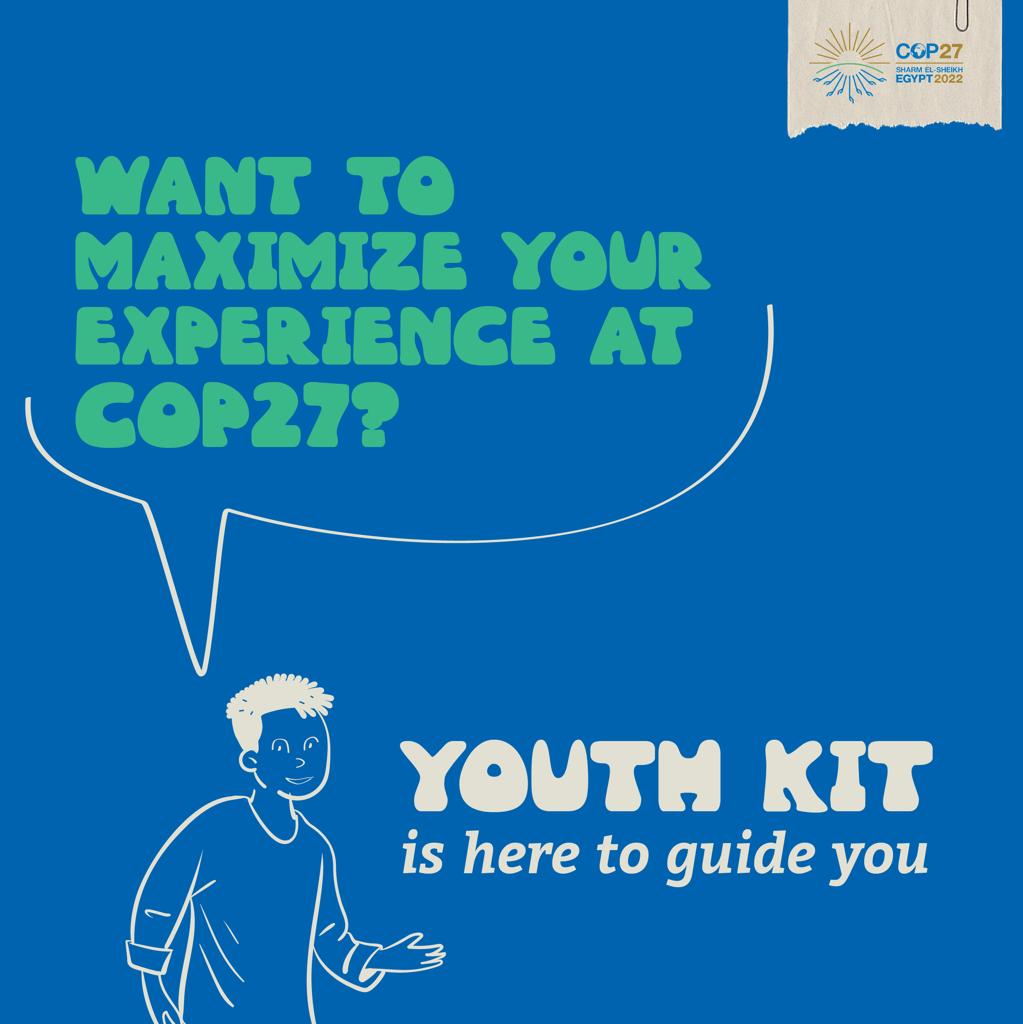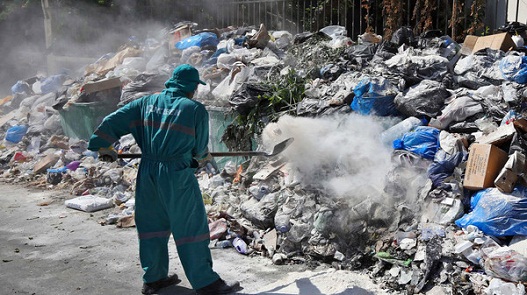In one of the poorest areas on the outskirts of Santiago, a group of trucks has been collecting organic waste left by residents for years… La Pintana is a role model for recycling in Chile, the country that produces the largest amount of waste in the region but only recycles a limited amount Only, and in all of Latin America.
For 17 years, organic waste has been collected daily, such as potato peels, avocados, oranges, and other fruits and vegetables, which are thrown into special containers, boxes, or plastic bags that are hung on the doors of homes or trees.
Organic waste represents half of the total waste left behind by each family in a city of about 190,000 people, more than 15% of whom are considered poor, with the highest poverty rate in the Chilean capital and its environs.
La Pintana was one of the first districts in Santiago to take this waste collection step, and has a municipal nursery that sprawls over land that was once a dump. The nursery produces 100,000 plants of 400 species annually, which are used to raise the percentage of green spaces in the city.
“I see that the municipality’s initiative in managing waste and encouraging residents to sort it are two very important steps,” says Escarlet Isler, an employee of the municipality, standing behind one of the trucks.
Jose Vera, the owner of a small vegetable store, after taking out two cans full of organic waste to the street, refers to “a life-long change for the residents, as they are now interested in recycling and have stopped throwing leftover vegetables into containers” on the streets.
The municipality’s plan succeeded in spreading the culture of recycling in a country that produces an average of 1.13 kilograms of waste per person per day, and only 0.8% of it is recycled, according to the Ministry of Environment.
After completing the waste collection, the trucks go to the headquarters of the General Directorate of Environment to unload their cargo. Then a sorting process takes place before the waste is transported in wheelbarrows to a place where it is composted using earthworms.
Janet Gonzalez, a municipal employee who planted roses on both sides of a corridor near the municipality’s sports building, says enthusiastically, “This work provides us with botanical wealth and gives us a kind of joy,” stressing that “the area is improving with the increase in the proportions of gardens in it.”
Chile is the most waste-producing country in South America, according to the World Bank. Its recycling rate is well below the Latin American average of 4%, according to the Economic Commission for Latin America and the Caribbean.
Thanks to this project, the municipality of La Pintana recycles about 20 tons of organic waste per day, saving about $100,000 annually, which it invests in things that benefit the community.
Mayor Claudia Pizarro, whose city won several awards for this project, told AFP, “When we took over waste management, we used to see a garbage container every 200 metres. Today, these dumps are no longer widespread.”
“It is a positive cycle, as the residents see green spaces in place of the containers that used to be, and they stopped throwing waste next to them,” she added.
And it’s not just organic waste that gets a second chance in La Pintana. More than half of the roughly fifteen employees in the municipal nursery were languishing in prisons and agreed to be released from them in return for providing services to their community.
“Everything that is produced here also benefits the employees, because they are from the area. This enhances their sense of belonging,” said Cynthia Ortiz, who has been running the nursery for nearly seven years.
Chilean Environment Minister Massa Rojas recently announced a bill aimed at bringing the La Pintana project into the rest of Chile.












